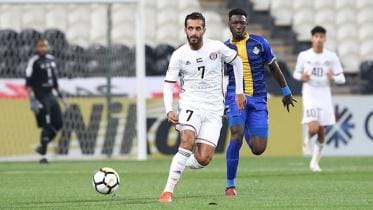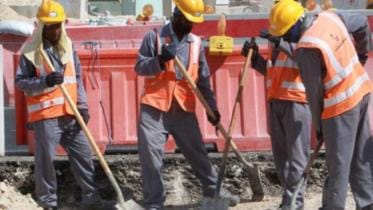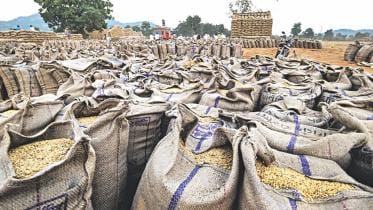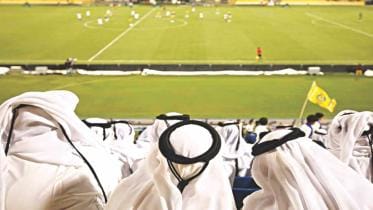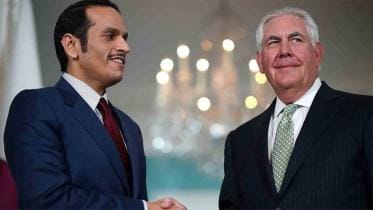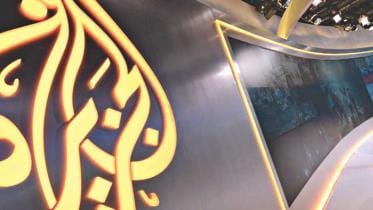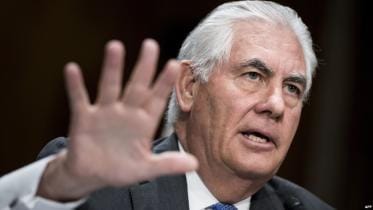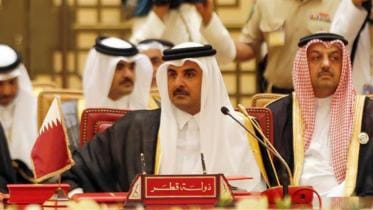Gulf crisis
Gulf crisis upends fiction of a separation of sports and politics
The Gulf crisis that has pitted World Cup host Qatar against a United Arab Emirates-Saudi Arabia-led alliance for the past eight months is showing up the fiction of a separation of sports and politics.
27 February 2018, 18:00 PM
Activists and Gulf crisis turn Qatar into potential model of social change
Potential Qatari moves to become the first Gulf state to effectively abolish the region's onerous kafala or labour sponsorship system, denounced as a form of modern slavery, could produce a rare World Cup that leaves a true legacy of social and economic change.
26 October 2017, 18:00 PM
Gulf crisis broadens definitions of food security
Food security has taken on a new dimension almost five months into the Gulf crisis that pits a UAE-Saudi alliance against Qatar and for which there is no resolution in sight.
23 October 2017, 18:00 PM
A lesson in reputation management
Lurking below the surface of the Gulf crisis, are rival, yet troubled, attempts by Qatar and its detractors to use sports to boost soft power and/or launder tarnished images of their autocracies.
30 July 2017, 18:00 PM
A defiant Qatar stands its ground
The crisis that began in the Gulf on June 5, 2017 does not seem to be ebbing. In the meantime there have been some twists and turns in this sordid episode.
19 July 2017, 18:00 PM
Gulf crisis set to escalate
The Gulf crisis that pits Saudi Arabia and the UAE against Qatar is set to escalate with Doha certain to ignore Monday's deadline that it complies...
2 July 2017, 18:00 PM
The Gulf crisis: Grappling for a face-saving solution
A two-week old conflict in the Gulf goes to the core of key issues in international relations that hamper the fight against political violence and govern diplomatic relations: the absence of an agreed definition of terrorism that allows autocrats to abuse efforts to counter extremism by repressing non-violent critics and the ability of small states to chart their own course and punch above their weight.
20 June 2017, 18:00 PM
The longer the Gulf crisis lasts, the higher the stakes get
Saudi Arabia and the UAE appear to be contemplating and engineering some drastic action in Qatar with the stakes in the Gulf crisis so high that a negotiated solution may prove difficult, if not impossible.
14 June 2017, 18:00 PM



